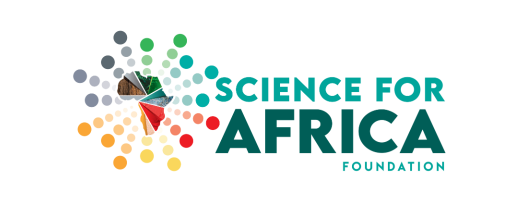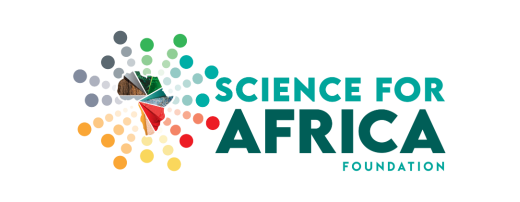Why We Fund Longitudinal Research
Various stressors, such as poverty, stigma, violence, and climate change, impact youth mental health. Yet, we don’t fully understand how personal, societal, and environmental factors can influence emerging mental health stressors and, moreover, how they can interact with one another to affect young people’s mental health. In partnership with the Science for Africa Foundation, we’re funding and supporting longitudinal research to understand and predict the long-term impacts of mental health stressors on young people’s mental health.
By knowing how and why stressors impact youth mental health, especially in low- and middle-income countries, we can better identify the root causes of mental health challenges and support prevention, early interventions, and actionable policy recommendations for youth mental health and wellbeing.
About the Science for Africa Foundation

The Science for Africa Foundation (SFA Foundation) is a pan-African, non-profit organisation that supports, strengthens, and promotes science and innovation in Africa. The SFA Foundation serves the African research ecosystem by funding excellent research and innovation ideas; enabling interdisciplinary collaborations among researchers and building and reinforcing environments that are conducive for scientists to thrive and produce quality research that generates new, locally relevant knowledge. The SFA Foundation seeks to address the continent’s most pressing developmental needs by generating knowledge that solves problems and informs decision-making.
The SFA Foundation will play a crucial role in supporting Being’s objectives by overseeing longitudinal research projects, strengthening research ecosystems, and empowering mental health professionals in the 13 priority countries, while ensuring that the voices and needs of young people and individuals with lived experience of mental health challenges are heard.
SFA Foundation will support the initiative to:
- Strengthen the quality of mental health science.
- Improve research training through collaboration, joint supervision and scientific discourse.
- Generate public engagement with science through increased scientific citizenship activities among researchers, policymakers and non-scientific publics.
- Build thriving, sustainable enabling environments in which mental wellbeing through research and innovative youth-focused approaches create positive, lasting change in local communities and beyond.







